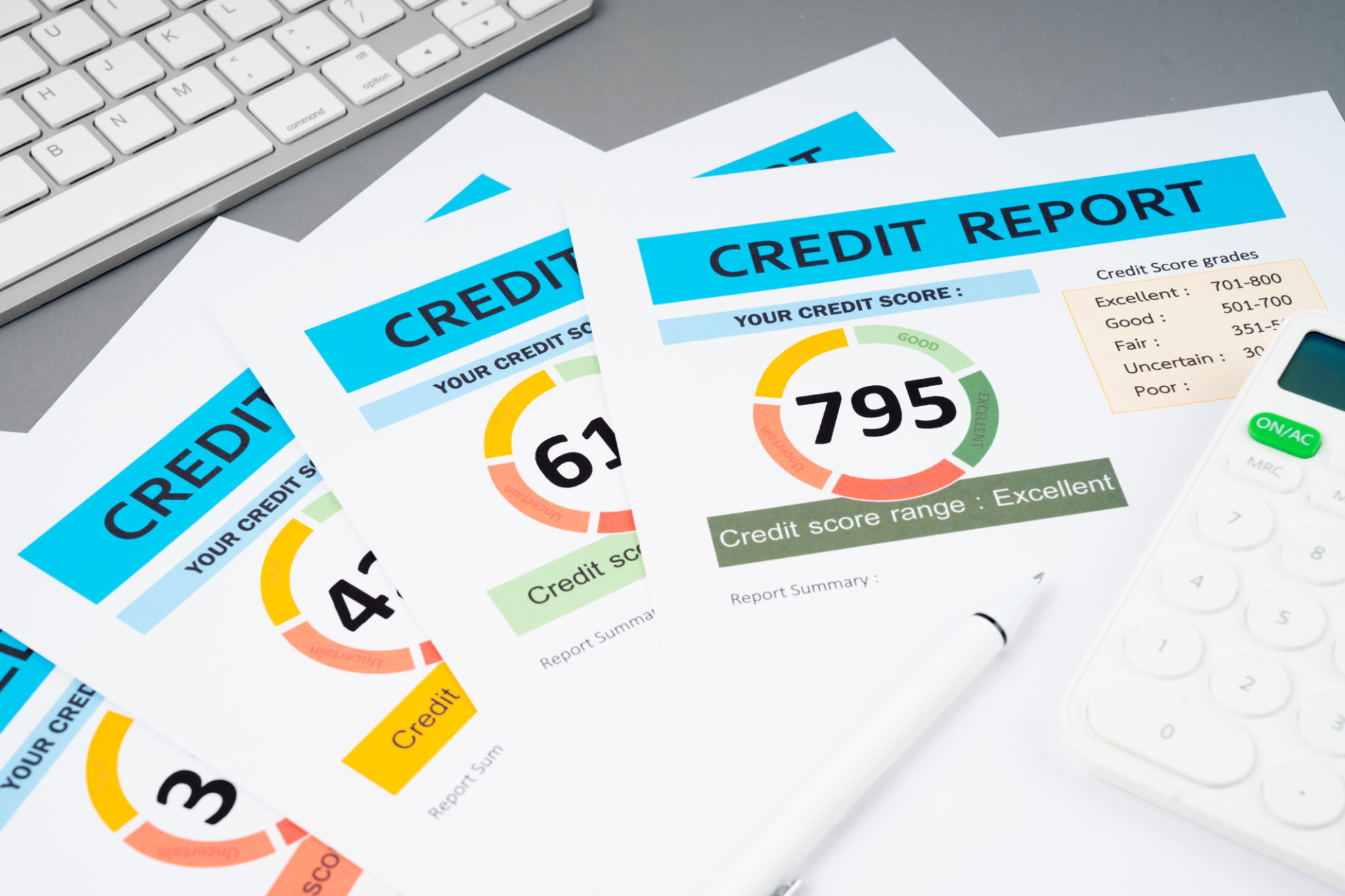How to Improve Your Credit Score: Tips and Tricks
Understanding Your Credit Score
Your credit score is a crucial component of your financial health. It's a numerical representation of your creditworthiness, and it can significantly impact your ability to obtain loans, mortgages, or even rent an apartment. Understanding how your credit score is calculated and what influences it is the first step toward improving it.
Credit scores typically range from 300 to 850, with scores above 700 considered good and those above 800 deemed excellent. Several factors contribute to your score, including your payment history, credit utilization, length of credit history, new credit inquiries, and types of credit in use.

Pay Your Bills on Time
One of the most impactful ways to improve your credit score is to pay your bills on time. Payment history accounts for about 35% of your credit score, making it the most significant factor. Late payments can stay on your credit report for up to seven years, so it's essential to make timely payments.
Setting up automatic payments or reminders can help ensure you never miss a due date. If you've fallen behind, get current and stay current. Over time, as you consistently pay on time, your credit score will gradually improve.
Reduce Your Debt
Another critical factor in your credit score is credit utilization, which makes up about 30% of the calculation. This is the ratio of your outstanding credit card balances to your total credit limit. Keeping this ratio below 30% is recommended for a good credit score.
If possible, pay down existing debts and avoid accumulating new ones. Consider focusing on paying off the cards with the highest interest rates first while maintaining minimum payments on others. This strategy can help you manage debt more effectively.

Limit New Credit Applications
Every time you apply for new credit, a hard inquiry is made on your credit report. Although a single inquiry might only cause a small dip in your score, multiple inquiries in a short period can have a more significant impact.
Try to limit new credit applications and only apply for new lines of credit when necessary. If you're shopping for a mortgage or auto loan, aim to do so within a short time frame, as similar inquiries made in a two-week period are often counted as one.
Maintain a Mix of Credit Types
Your credit score can also benefit from having a mix of different types of credit accounts, such as revolving accounts (like credit cards) and installment loans (like mortgages or car loans). This diversity can contribute positively to about 10% of your score.

Check Your Credit Report Regularly
Regularly checking your credit report can help you spot errors or fraudulent activities that may be negatively affecting your score. You're entitled to a free credit report from each of the three major credit bureaus—Equifax, Experian, and TransUnion—once a year. Take advantage of these reports to ensure all information is accurate.
If you identify any inaccuracies, dispute them immediately with the respective bureau. Correcting errors can potentially improve your score significantly.
Be Patient and Persistent
Improving your credit score doesn't happen overnight; it requires patience and persistence. By consistently following these tips and maintaining good financial habits, you'll likely see gradual improvements over time.
Remember that building or rebuilding your credit is a marathon, not a sprint. Stay committed to managing your finances responsibly, and you'll eventually reap the rewards of a higher credit score.
